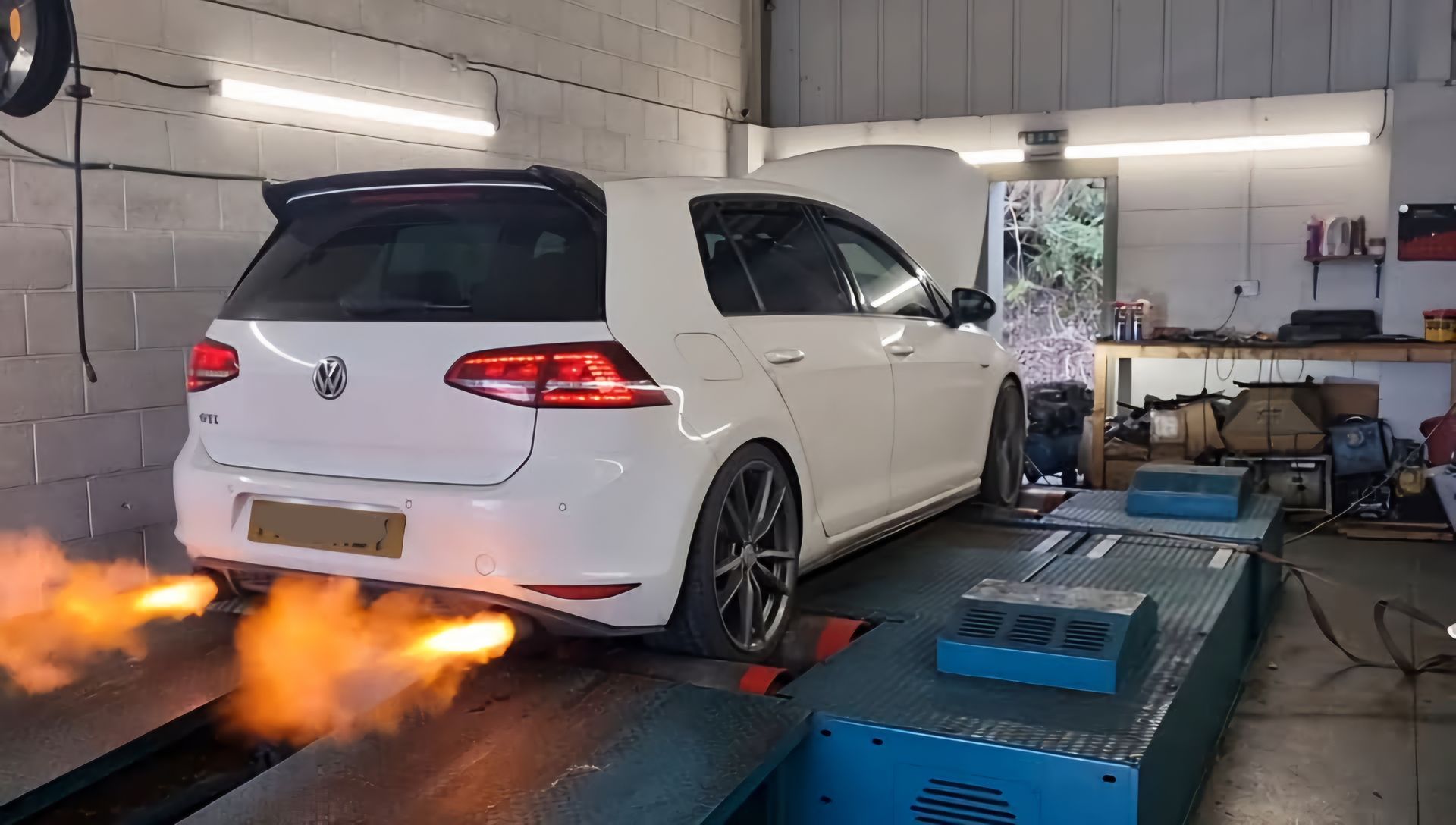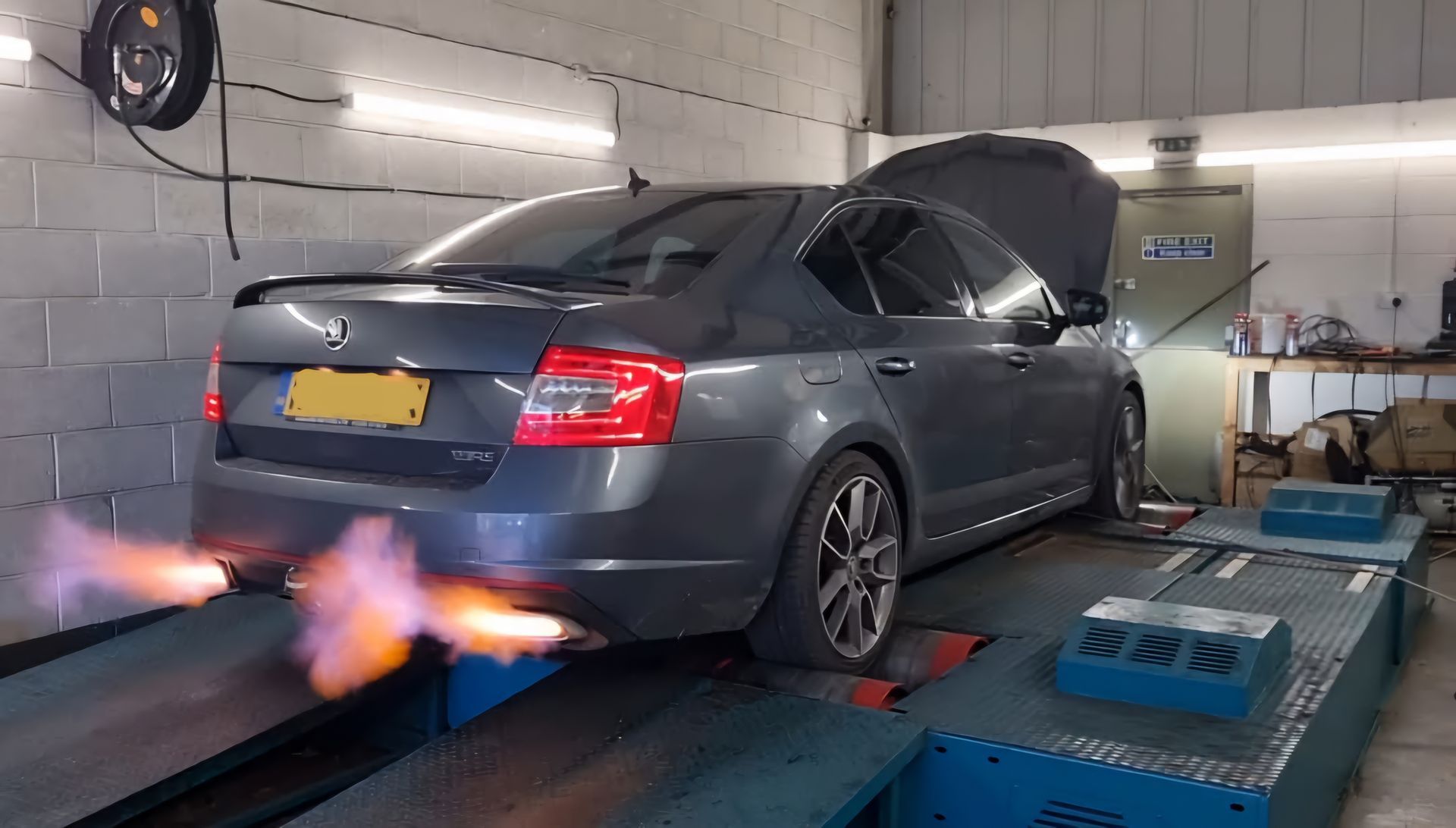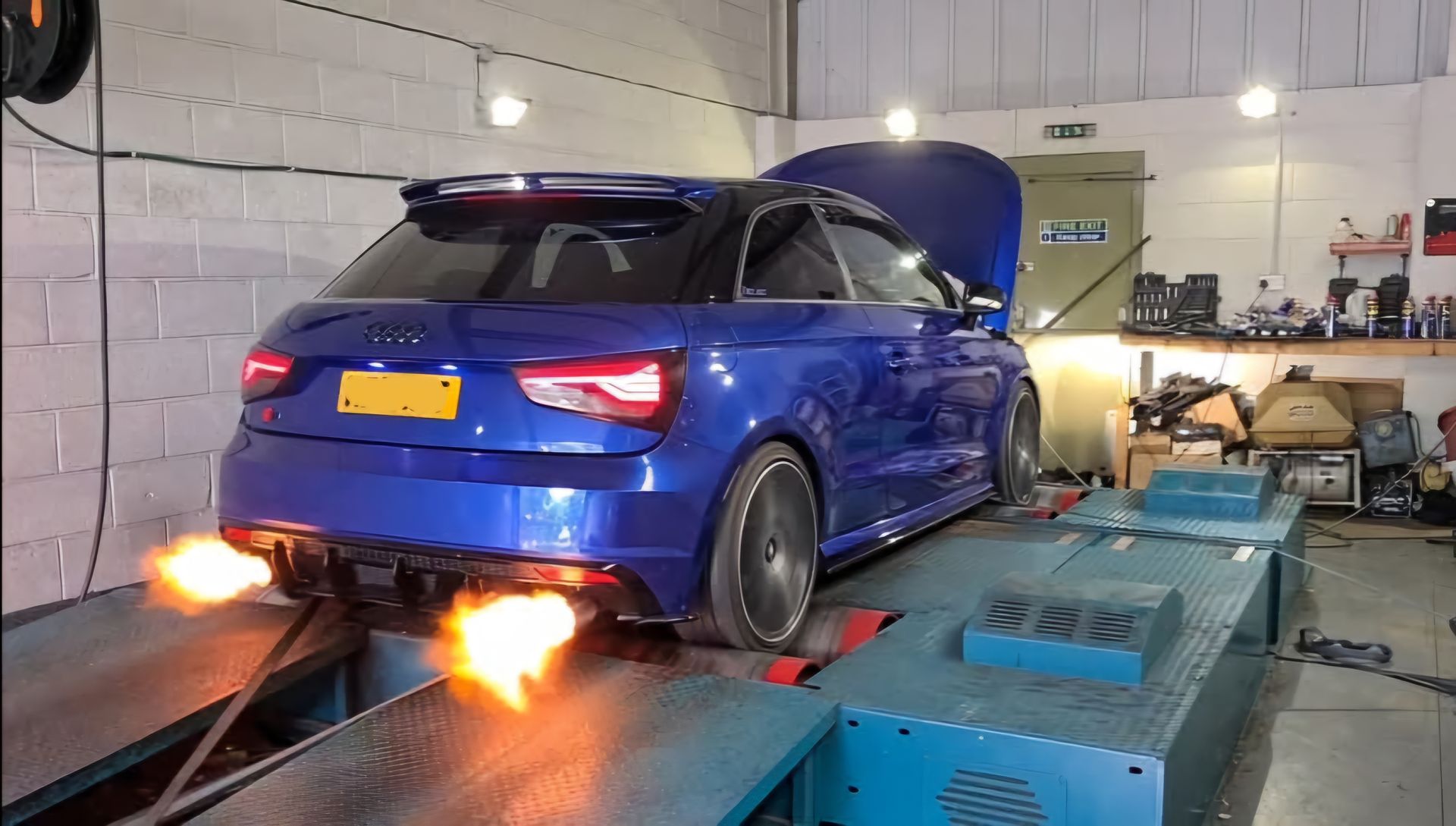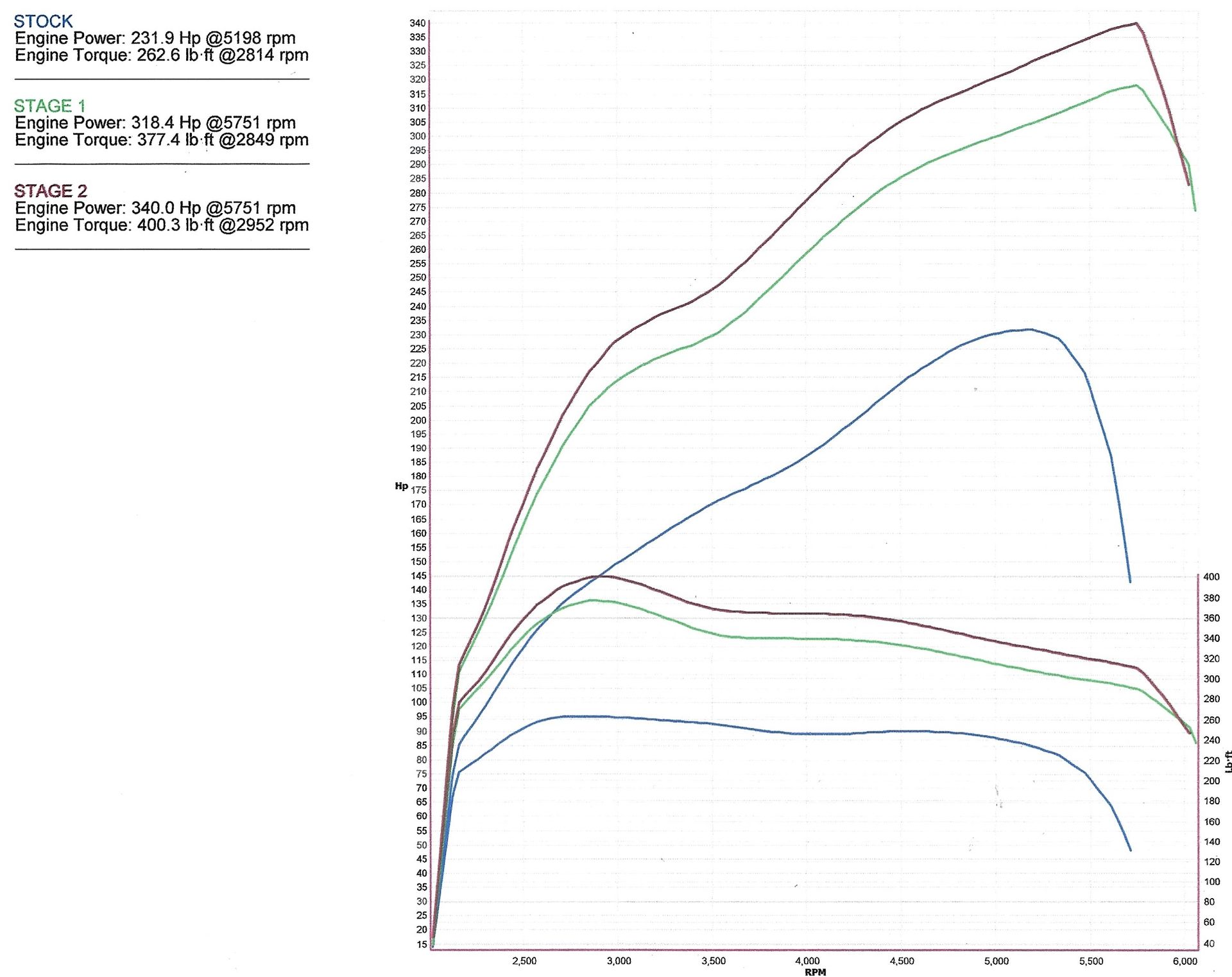VAG TSI EA888 is20 Calibrations
Tuning guide for ea888 is20 platform
We have done extensive research and development on the VAG EA888 engine over the past 10 years, on all 3 turbo variants found across the the entire VAG range in form of IS12, IS20 & IS38. Our inhouse development has allowed us to produce some of the market leading calibration across all software variants commonly found on this platform. Both the 1.8 TSI & 2.0 TSI newer generations of engines are the successor of the EA113. Housing a completely different strategy of tuning now moving on from the simple BOSCH MED9 control unit to the more complex Siemens Simos18.
IS20 Turbo Calibrations 220/225/230/245BHP
Stage 1 calibration:
320BHP & 500NM
Mandatory:
- Completely stock vehicle (Zero modifications required)
Optional Additions:
- Induction kit (R600 Recommended)
- Catback exhaust system
- Turbo muffler delete
- DSG gearbox map (Auto models only)
Stage 2 calibration:
340BHP & 540NM
Mandatory:
- Downpipe including decat or sports cat exhaust (T&C's Section 3)
- Induction kit (R600 recommended)
- Turbo muffler delete
- DSG gearbox map (Auto model only)
- Uprated clutch (Manual models only)
Optional additions:
- Uprated intercooler - We have run extensive research and datalogging to find the stock cooler to be more than adequate on the is20 variant running our Stage 2 calibration on road with intake temps measured under various conditions, for track use under extreme temperatures an uprated intercooler is recommended.



Here we show a great example of stage 1 & 2 taking place on a very healthy example of the EA888 TSI IS20 variant engine. This was an excellent example of a MK7.5 Golf GTI brought to us from stock and covering over various hardware and tuning stages. The graph defines what we have achieved within stages 1 & 2.
Stock:
231BHP & 262Ftlb (355NM)
Stage 1 Calibration:
318BHP & 377Ftlb (511NM)
Stage 2 Calibration:
340BHP & 400Ftlb (542NM)

Please note we have run stage 1 & 2 calibrations on these engines on stock clutch with zero slip. Please use your own discretion on the condition of your clutch prior to tuning. A stock clutch in healthy condition will be fine for both stages of tuning but will eventually need replacing for stage 2 calibrations depending on your driving style.



